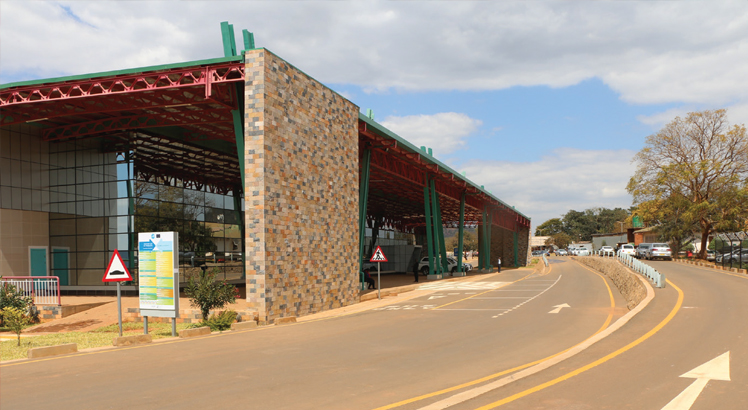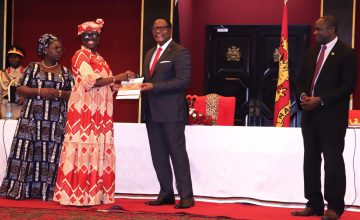Malawi fairs poorly on poverty ranking
The pace of poverty reduction in Malawi remains low as compared to other countries in Southern Africa Development Community (Sadc) region with latest statistics from the Brookings Institute indicating that 59.3 percent out of 18 855 785 Malawians are still living on less than $1.90 a day.
The findings, based on a projection by the World Poverty Clock show that more than 643 million people across the world live in extreme poverty, with Africans accounting for about two-thirds of the total number.

Compared to neighbours in the region, Malawi ranks poorly from Mozambique (58.9 percent), Zambia (53.6 percent), Zimbabwe (34 percent) and South Africa (24.7 percent).
Macroeconomic instability over the years and the predominantly agricultural economic structure, with most of the population engaged in subsistence rain-fed agriculture, have contributed to the slow pace of poverty reduction.
According to the second Malawi Growth and Development Strategy (MGDS II) review report, 2011-2016 period, the country saw some of the most volatile macroeconomic environments with double digit inflation rates, interest rates that basked in their 30s, and a weaker local currency.

Although the relative contribution of agriculture to gross domestic product (GDP) has almost halved since the early 1990s, the World Bank, in its May 2018 Malawi Economic Report observes that nearly two thirds of the population continues to work in this sector.
“Thus, poor performance of the agricultural sector is likely to have an adverse impact on the poverty outlook. The uncertainty surrounding trade regulations could also discourage farmers from investing in agricultural inputs, further reducing production and possibly resulting in increased poverty.
As a result, the poverty rate is projected to remain stagnant in 2017 and 2018. Given that tobacco is more likely produced by non-poor households than by poor households [World Bank 2017], the projected growth in tobacco production for 2018, which would also result in a lower price level as discussed earlier, is not expected to have a significant implication on poverty,” said World Bank country economist Priscilla Kandoole in the report.
Minister of Finance, Economic Planning and Development Goodall Gondwe told Parliament recently that in the 2018/19 financial year, government’s economic goal for the medium-term is founded on common aspirations of Malawians that the country should move out of a group of countries that is considered to be the poorest in the world.





